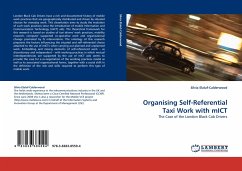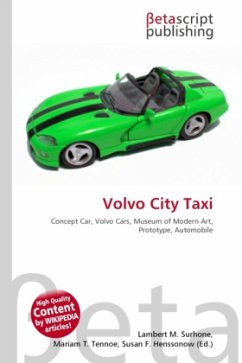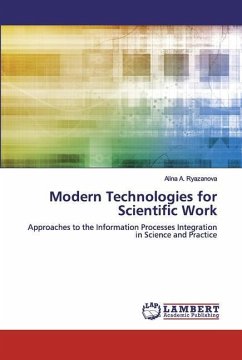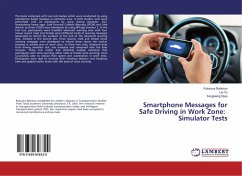London Black Cab Drivers have a rich and documented history of mobile work practices that are geographically distributed and driven by situated choices for everyday work. This dissertation aims to study the evolution of such work practices since the introduction of mobile Information and Communication Technology (mICT) aids. The theoretical framework for this research is based on studies of taxi drivers' work practices, mobility research, computer supported co-operative work and organisational change promoted by IS interventions. The ontology of this research pinpoints the factors influencing the situated and self-referential choice attached to the use of mICTs when carrying out planned and unplanned work. Embedding and mixing elements of self-referenced work as discretionary and independent with working practices in which mutual interdependencies are supported by the use of mICT aids seems to provide the case for a re-negotiation of the working practices model as well as its associated organisational forms, together with a social shift in the definition of the role and skills required to perform this type of mobile work.
Bitte wählen Sie Ihr Anliegen aus.
Rechnungen
Retourenschein anfordern
Bestellstatus
Storno








